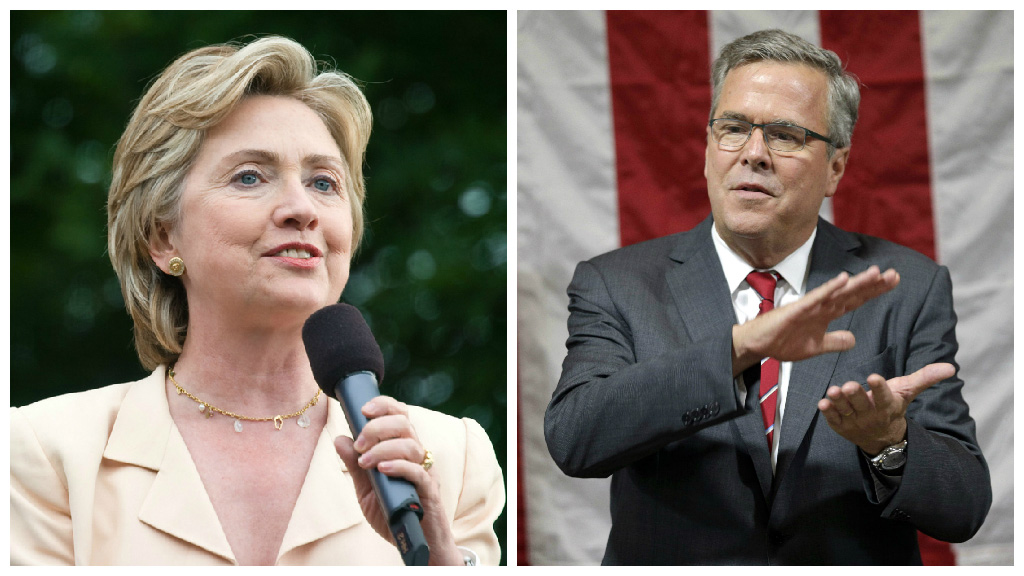The presidential primaries are quickly approaching and marijuana legalization is an issue candidates of both sides will have to address. Statistics show that 70% of 18 to 29-year-olds and a sweeping 58% of Americans avidly support legalization; but besides popular opinion, a candidate’s stance on the green undeniably affects other related and high-priority matters like criminal justice, economic security, national security, and states’ rights. As you prepare to head to the voting booth, cannabis-supporters should consider each of the candidates' differing beliefs and attitudes toward marijuana policy before casting their ballot.
The Republicans:

Jeb Bush: Against. Jeb Bush, younger brother of George W. Bush and former Governor of Florida, has in the past opposed both recreational and medical marijuana legalization. In 2014, as governor, Bush was averse to a medical marijuana ballot measure and endorsed mandatory prison sentences for cannabis-related arrests. However, just like his big bro, Bush has admitted to trying marijuana back in his prep-school days which, considering his attitude toward marijuana policy, has compelled his fellow Republican candidates to cry, “hypocrite!”

Rick Perry: In between. Rick Perry, the current Governor of Texas, is a strong believer in the Tenth Amendment. Perry supports states’ rights, but is not endorsing the legalization of marijuana and has never hinted at personal experimentation in his past. Perry is, however, in favor of decriminalization, meaning that offenders would be subject to fines or mandatory counseling for minor marijuana-crime offenses instead of jail time.
![]()
Lindsey Graham: Against. Lindsey Graham, the Senator of South Carolina, actively opposes recreational legalization. Though in the past, the senator has said to support the use of medicinal marijuana under certain circumstances, Graham voted against the Veteran’s Equal Access Amendment, which would allow veterans to legally use medical marijuana for the treatment of countless physical and mental ailments, including PTSD.

George Pataki: Supports state's rights. The Governor of New York has supported a state’s right to vote on marijuana policy. However, he has expressed concerns in regards to national legalization of cannabis. His main concern? The children. Pataki worries that children will have unprecedented access to the many cannabis confectionaries that could be easily confused with regular desserts or snacks. If need be, he has proposed to combat this worry with tough regulations on edibles.

Rick Santorum: Against. Former attorney and Senator of Pennsylvania Rick Santorum vocally opposes states’ rights in regard to marijuana legalization, and therefore, federal legalization. In 2012, at a College Convention forum in New Hampshire, Santorum was asked to clarify why he didn’t support a state’s right to vote. He then admitted to not knowing enough about medical marijuana policy. In his defense, Santorum said, “I went to college too,” which promptly launched the room of millennials into a unanimous, “Boo.”
Mike Huckabee: Supports for medical. In a 2007 interview the former Governor of Arkansas was supportive of medical marijuana, under the condition that it was doctor prescribed and presented in a medicinal form, such as a pill. But, the governor was concerned that medical legalization would open up “a whole new avenue” for people to become addicts. At the end of the interview, Huckabee flip flops in his opinion and instead suggests the use of painkillers.
Ben Carson: Against. Dr. Ben Carson, a retired neurosurgeon, has strongly opposed the legalization of recreational cannabis. In an interview with Fox News, the doctor said he supports the use of medical marijuana in “compassionate cases,” but otherwise believes that marijuana is a gateway drug that will create a society that engages in “hedonistic activity.”

Carly Fiorina: Supports for state rights. Carly Fiorina, a businesswoman, political advisor, and now politician has not personally advocated for the legalization of marijuana, but does strongly believe in states’ rights. Adopting a similar tactic to the Obama Administration’s approach to cannabis legalization, Fiorina has said if elected, she would not implement the federal ban of cannabis on states that have already chosen to legalize recreational use.
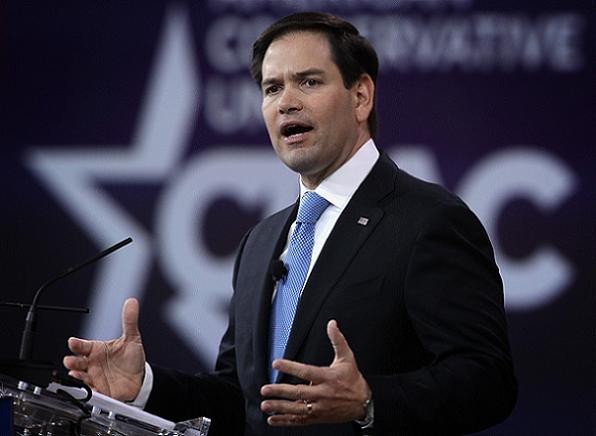
Marco Rubio: Against. Although the current Senator of Florida refuses to answer the standard, “Have your or have you not smoked marijuana?” question, he is staunch in his political beliefs of cannabis. Rubio insists that the legalization of marijuana, and even decriminalization, are not choices that keep the country’s best interests at heart.

Rand Paul: Supports. Rand Paul, Senator of Kentucky and Tea Party favorite, has addressed marijuana legalization with a surprising amount of leniency and compassion, possibly due to his past smoking experience. In addition to supporting states’ rights, Paul has been vocal about the racial injustice surrounding our legal system and marijuana-related arrests. In an interview with Fox News, Paul said, “A lot of poor kids, particularly in the inner city, don’t get lucky. They don’t have good attorneys, and they go to jail for these things and I think it’s a big mistake.”
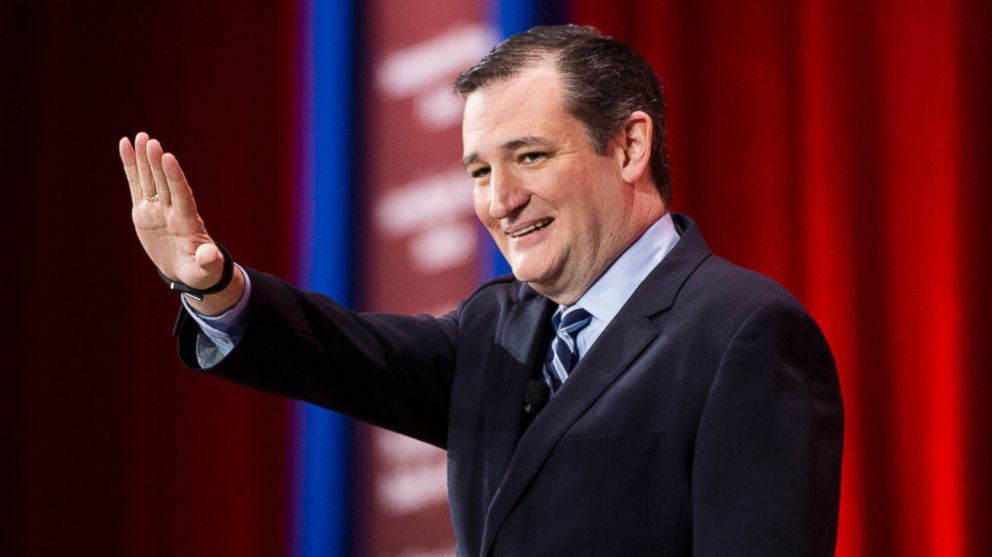
Ted Cruz: Against. Ted Cruz, Senator of Texas, seems to have had a change in opinion regarding cannabis since announcing his presidential campaign. In the past, Cruz has criticized the Obama Administration for not actively enforcing the federal ban of marijuana in states such as Colorado and Washington. Now, as a candidate, Cruz has begun to support marijuana federalism and, despite confessing to having smoked before, Cruz still personally opposes legalization.
The Democrats:

Hillary Clinton: Mostly supportive. During the former First Lady, Senator of New York, and Secretary of State’s 2008 presidential campaign, Clinton was absolute in her opposition to decriminalization. Now, as 2016 approaches, Clinton has embraced an increasingly pro-legalization attitude, but still reiterates she has never smoked cannabis and doesn’t plan to. When asked about medical legalization during a CNN interview, Clinton expressed concerns about the amount of research that has been done. In regards to recreational legalization, Clinton responded, “states are the laboratories of democracy.” If elected, she insists the results from states that have legalized recreational marijuana will greatly inform her decision on legalization at the federal level.
Lincoln Chafee: Undeclared, but probably supportive. Lincoln Chafee, former mayor, U.S senator, and most recent Governor of Rhode Island, is ambivalent about his stance on cannabis legalization, even though the politician has confessed to smoking marijuana during his years at Brown University. As Governor, Chafee decriminalized marijuana in 2013 and has conveyed an interest in how legalization can positively affect state revenue. Still, for 2016, the presidential candidate has yet to take any concrete stance on the issue.
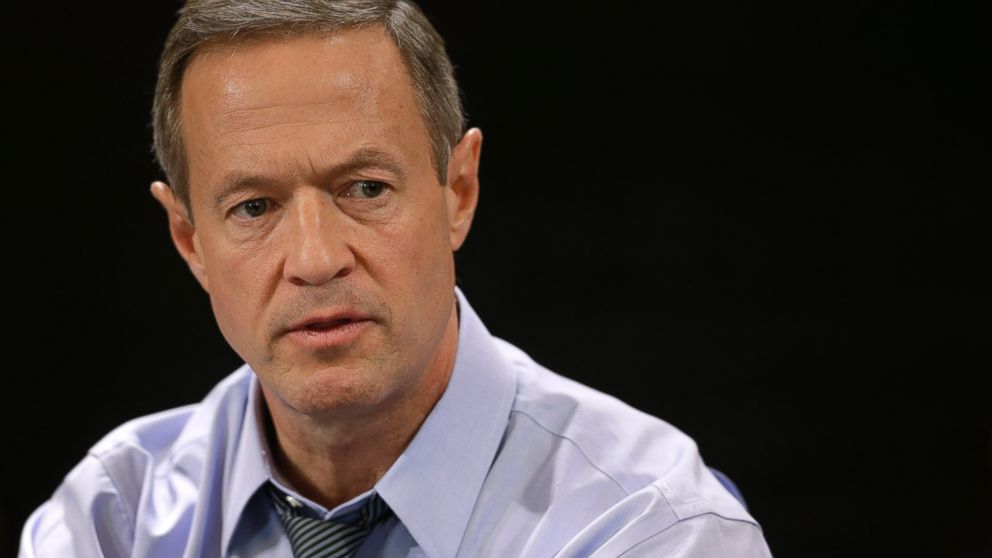
Martin O’Malley: Mostly supportive. In 2013, as Governor of Maryland, O’Malley made medical marijuana legal to a determined group of patients and in 2014, signed a bill to decriminalize cannabis. Though now, in the midst of his presidential campaign, O’Malley has followed the cautious approach to legalization like many of his fellow candidates. O’Malley maintains, like Clinton, that we must learn from states that have already legalized recreational marijuana before lifting the federal ban.
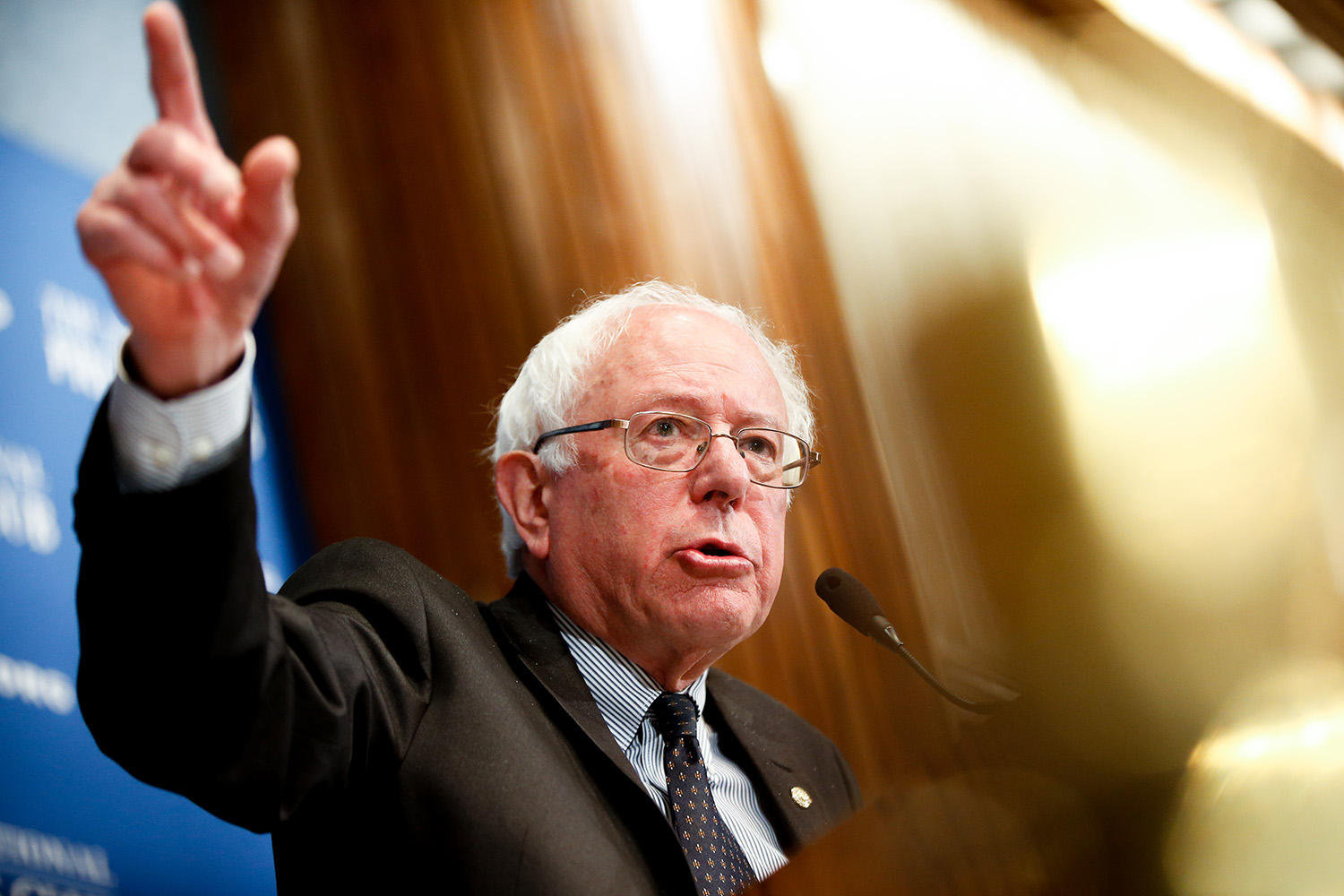
Bernie Sanders: Undeclared, but probably supportive. U.S Senator of Vermont Bernie Sanders has openly admitted to lighting up in his younger days, but has not publicly supported cannabis legalization. Representing a state that has legalized medical marijuana and has decriminalized possession of cannabis to a civil infraction (which results in a fine roughly the price of a parking ticket), it’s reasonable to assume Sanders would lean towards pro-legalization. Despite having concerns about recreational legalization, Sanders, remains troubled by our decades-long war on drugs and is motivated to rectify the consequences it has caused for our country.
And as for Donald Trump?
Who knows.

So, who will you be voting for?


